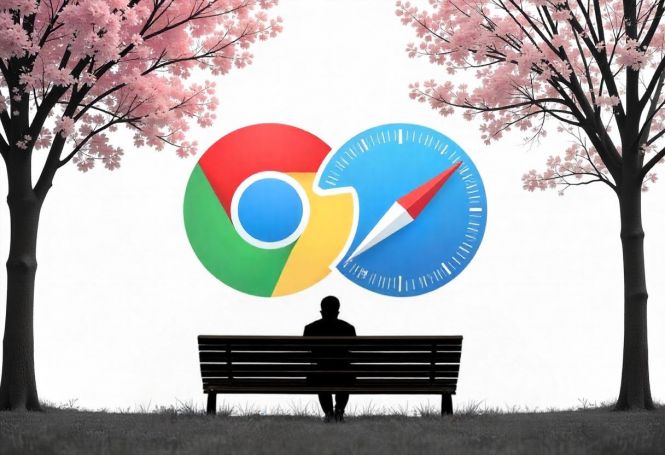 Google improved Chrome for iOS. Is it better than Safari?
Google improved Chrome for iOS. Is it better than Safari?
If you believe Forbes, only about 30% of iPhone owners actually use Chrome on their devices. It doesn’t mean that this browser is their go-to gateway to the internet in the ecosystem where Safari reigns supreme, but they do have Chrome installed. Google, it seems, takes this as a problem and wants to expand the share. Recently, the company released its next beta version of Chrome for iOS with some interesting features. Let’s take a closer look at it and try to understand if a switch is a viable option.
New features in Chrome for iOS
Google has introduced several new features to Chrome for iOS aimed at enhancing the user experience and functionality. Here are the most prominent of them.
Shopping Insights. This feature allows users to receive personalized shopping recommendations based on their browsing history and interests. It aims to simplify the shopping experience by providing tailored suggestions directly within the browser.
Enhanced Google Lens. The updated Google Lens integration allows users to identify objects, translate text, and find similar products using their device’s camera.
Privacy and security enhancements. The latest version of Chrome boasts improved security features: better tracking prevention tools and more robust password management options.
Improved performance. Chrome for iOS is now faster and requires less memory to run smoothly, making it more efficient for tab-hungry users.
How does Chrome compare to Safari?
There are several factors to consider when comparing Chrome and Safari: usability, performance, and features.
In terms of usability, Chrome for iOS has a customizable interface and a vast library of extensions. Safari, on the other hand, is sleek by default, and allows little tinkering with the way it looks, but it is seamlessly integrated into the ecosystem, which is convenient (think Handoff, iCloud Keychain, etc.)
There are numerous Chrome vs. Safari benchmark test reports filled with tables and technical lingo. We won’t go down this road; here’s the scoop of what really matters as far as browser performance goes:
- Chrome outperforms Safari in JavaScript-heavy tasks, but generally consumes more RAM, which can slow down performance when you have many tabs open.
- Safari is optimized for macOS and iOS, so it’s more merciful towards battery and resources in most situations, from casual web browsing to video streaming.
So, is there a choice to be made? If you have enough storage to keep both browsers in the system, this is probably a wise thing to do.
In case you were wondering, there are many other browser options available for macOS and iOS; check out the respective section of our catalog and see for yourself!



